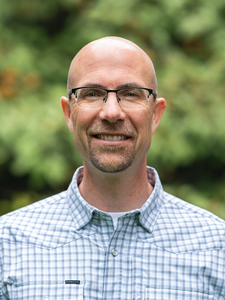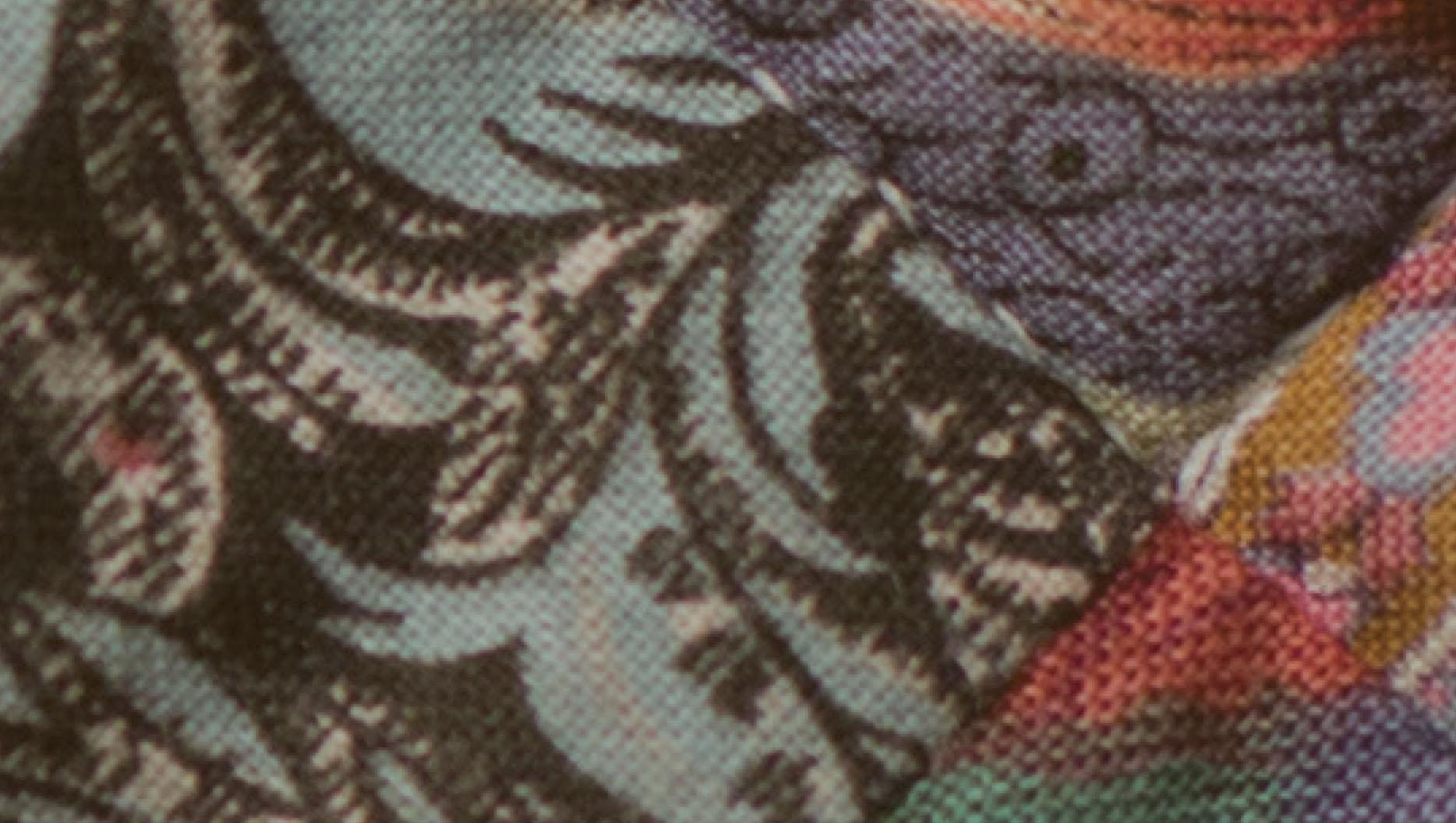At the 2020 Grammys, artist Demi Lovato took the stage for the first time in over 18 months. She performed her song "Anyone," an emotional and urgent cry from the heart written hours before she was hospitalized for a drug overdose. As Lovato finished singing and opened her eyes, the stunned and tearful crowd rose to its feet in support. I would have joined in if I was among them. My guess is that it was more than Lovato’s soulful voice that caused such a response from those of us watching. Her vulnerability and need gripped us as she wailed out her lament:
I tried to talk to my piano
I tried to talk to my guitar
Talk to my imagination
Confided into alcohol
I tried and tried and tried some more
Told secrets ‘til my voice was sore
Tired of empty conversation
'Cause no one hears me anymore[Chorus]
A hundred million stories
And a hundred million songs
I feel stupid when I sing
Nobody's listening to me
Nobody's listening
I talk to shooting stars
But they always get it wrong
I feel stupid when I pray
So, why am I praying anyway?
If nobody's listeningAnyone, please send me anyone
Lord, is there anyone?
I need someone, oh
Anyone, please send me anyone
Lord, is there anyone?
I need someoneI used to crave the world’s attention
I think I cried too many times
I just need some more affection
Anything to get me by
Whether seated in the audience or watching from home, we all share with her the deepest longing to know if anyone understands, hears, or cares. The irony was that her words and venue revealed that she knew someone was listening. Not only was she singing before nearly 19 million viewers, all of them hanging on every syllable, but she repeatedly asks the Lord to send someone, anyone, to her. And yes, despite her doubts that he was listening, he was.
Most of us know what it’s like to feel alone and invisible and weak. Demi Lovato is not the only one. And we know that confiding in others and journaling intimate thoughts and wounds can be quite healing, and putting our fears, doubts, and heartache into a song is powerfully therapeutic. When we give personal voice to our emotions and organize them in this way, it helps make sense of our hurt. Speaking them out loud is even more helpful. But if we’re honest, we also share Lovato’s doubts about the results. Ultimately, self-expression is empty and brings us up short if the heartache doesn’t matter to someone important, someone bigger and more powerful than us and our troubles. Sadly, Lovato doesn’t go far enough. We need more than a warm body—“anyone.” We need God to send us Someone who intimately knows and loves us.
The same day the Grammys aired, my teenage son articulated this very same need (albeit in a bit more edgy manner). This summer, we moved two thousand miles across the country, leaving behind his closest friends. He is working hard to forge friendships as the new kid, but it hasn’t been easy. The questions on his mind were Am I invisible? Does anyone really care about me? Am I being replaced by my friends back home? He presently lives in a depth of isolation he’s never experienced in his short life. Lovato’s words could have been uttered in exact cadence from my son as he rode the bus home today—alone and missing all his friends. “Does anyone see or hear me? Does anyone care? I am so alone.” Maybe you’ve been here too.
So my son and I opened Psalm 142 and read a similar cry from King David, which was written as he prayed far from home, hiding in a cave:
Look and see, there is no one at my right hand;
no one is concerned for me.
I have no refuge; [a safe and trustworthy place]
no one cares for my life. (Ps 142:4)
Like Lovato, David shouts out his lament. He’s reached the end of his resiliency—his ability to cope. He’s surrounded by people (at least 400 per 1 Samuel 22:2) but empty of both internal and external resources. “Does anyone hear me?! Does anyone really care for my soul?!” There’s more than a hint of urgency.
There they were, joined together in harmony—Demi’s haunting song, my son’s complaint, and David’s psalm—all confessing a deep longing to be known, heard, and cared for. But when the crowds at the Grammys rose to their feet in compassionate applause, they were applauding the courage and transparency of Lovato’s questions. What David’s psalm offered my son in the privacy of our kitchen was more than questions. It offered a way to turn painful isolation into prayer—a personal conversation with One who attentively draws near to us.
I shout out to you, Lord;
I say, “You are my refuge, my portion in the land of the living!”
Listen to my outcry, for I am in desperate need;
Bring out my soul from confinement,
That I may praise your name.
Then the righteous will gather about me
Because you will deal bountifully with me. (Ps 142:5–7)
There it is. David’s prayer moves from personal bankruptcy and desperation to conversation with the One who intimately knows, cares, and delights in him. The answers to our deepest questions are not found in having just anyone who can hear and see our urgent need. Lovato already had plenty of people listening to her “hundred million songs.” What she, and all of us, need is the One who listens to our cries, who is concerned, and who gathers us into his community—a genuine community that learns to truly listen and care for one another. We need this One who leads us out of prison-like isolation and into his kingdom of grace! Jesus is the One who hears and transforms us. He is the Lord.
In an Apple Music interview a few days before her Grammy performance, Lovato mentions that although she has shied away from church most of her life, her manager recently took her to a Bible study where she “heard God clearer than [she] had heard him in a long time.” Would you hear and respond to Lovato’s "Anyone" by praying for her today?




